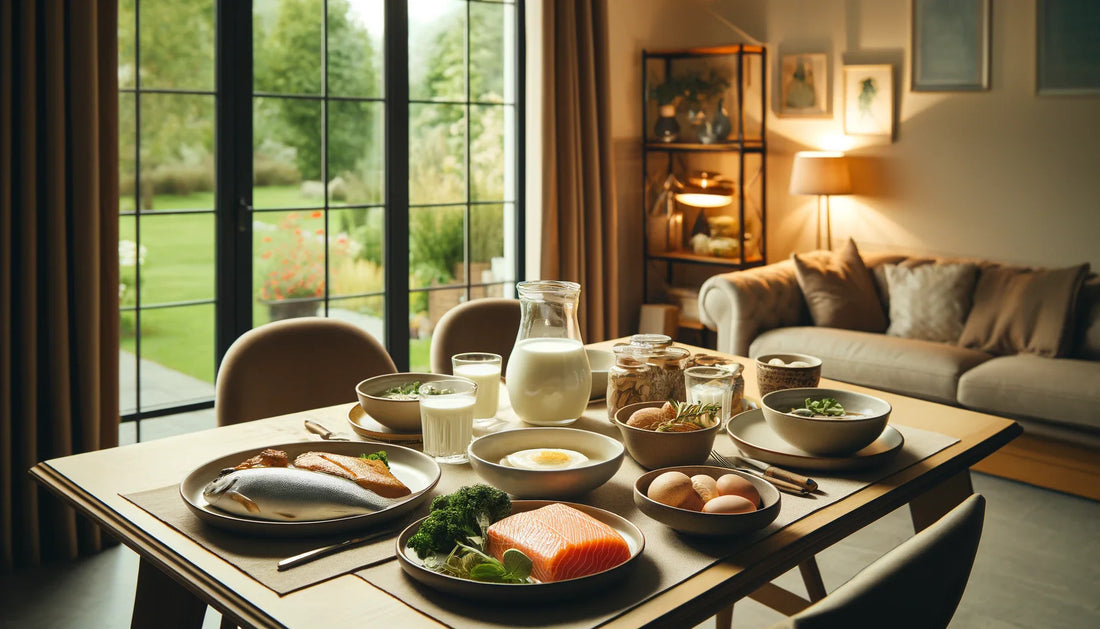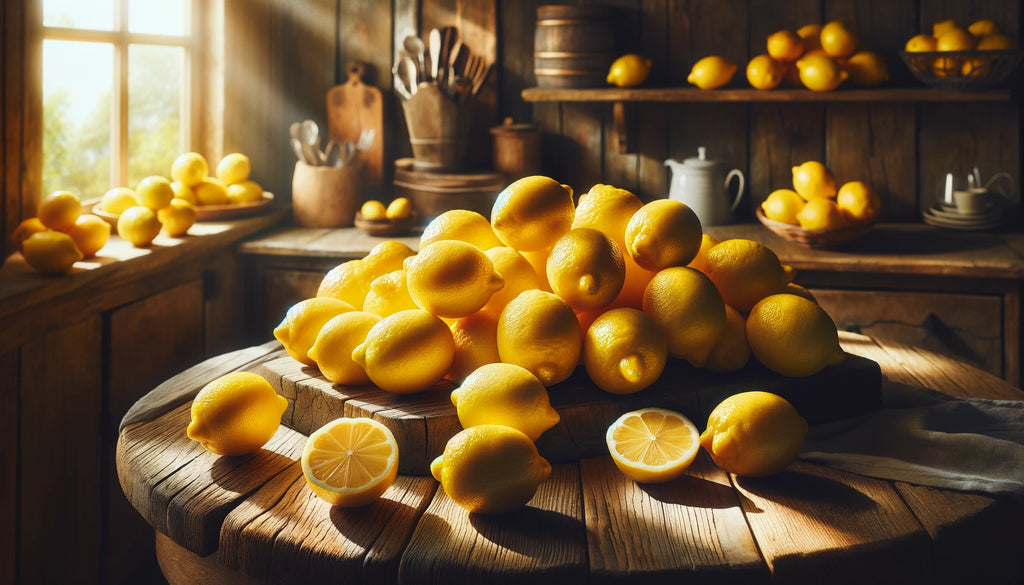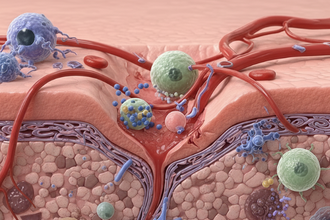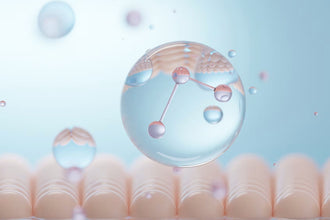
Targeted Nutritional Support for Rhinoplasty Recovery
Recovering from rhinoplasty—often known as a nose job—entails more than just waiting for the swelling to subside and the dressings to come off. It involves actively supporting your body's healing processes through targeted nutrition and supplements. This article will explore how specific supplements improve recovery after rhinoplasty.
Collagen Synthesis with Vitamin C
Vitamin C is essential for collagen production, which plays a crucial role in healing the surgical sites in rhinoplasty. By boosting collagen levels, Vitamin C helps:
- Improve the strength and elasticity of recovering nasal tissues.
- Reduce the appearance of scars at incision sites by promoting fine, flexible collagen matrix formation.
| Function in Rhinoplasty Recovery | Daily Requirement | Best Food Sources | Supplement Dosage Recommendations |
|---|---|---|---|
| Collagen synthesis | 90 mg for men, 75 mg for women | Citrus fruits, strawberries, bell peppers, broccoli | 500-1000 mg in divided doses, as tolerated |
| Antioxidant protection | (same as daily requirement) | Kiwi, kale, Brussels sprouts | Same as above for therapeutic purposes |
| Immune system support | (same as daily requirement) | Guava, papaya, oranges | To complement dietary intake, especially post-surgery |

Zinc's Healing Properties
Zinc facilitates numerous biological functions including wound healing and immune defense—both vital after rhinoplasty. By incorporating Zinc, patients benefit from:
- Accelerated tissue repair and reduced wound healing time, thanks to its role in new cell synthesis.
- Enhanced immune response, lowering the risk of postoperative infections that can impact recovery speed and outcomes.
Amino Acids: Building Blocks for Healing
Amino acids such as Glutamine and Arginine are imperative for a successful recovery:
- Glutamine boosts immune cell activity at the wound site, supporting a robust immune response while also preserving gut health during antibiotic therapy.
- Arginine promotes blood flow, which is essential for bringing nutrients to heal tissues and for effective removal of waste products from the surgery site.
| Amino Acid | Role in Recovery | Food Sources | Supplement Dosage Recommendations |
|---|---|---|---|
| Glutamine | Immune system support | Beef, chicken, fish, eggs, dairy | 5-10 grams per day, particularly in the first week post-surgery |
| Gut health maintenance | Spirulina, corn, cabbage | Same as above for optimal recovery | |
| Arginine | Promotes blood flow | Turkey, pork loin, chicken, pumpkin seeds | 2-3 grams per day, as needed for healing |
| Supports collagen production | Soybeans, peanuts, chickpeas | Adjust based on dietary intake and healing progress |
Gut Health and Immunity with Probiotics
The antibiotics often required during rhinoplasty can disrupt the gut microbiome, making probiotics crucial for:
- Restoring healthy gut flora, thereby supporting a balanced immune response.
- Enhancing the absorption of nutrients critical for healing the surgical wounds.
Effective Strategies for Nutrient Integration Post-Rhinoplasty
Timing and Dosage
Understanding when and how much of each nutrient to take can maximize their healing properties:
- Vitamin C: Since it's water-soluble and not stored in the body, spreading out the intake throughout the day can maintain a consistent level in your system. Aiming for 500-1000 mg in divided doses can optimize skin healing and immune function.
- Zinc: This should be taken away from high-fiber meals to enhance absorption. Around 30 mg per day is generally effective for wound healing, but always check with a healthcare provider as high doses can interfere with other mineral absorption.
- Amino Acids: Glutamine can be taken in doses of 5-10 grams per day, particularly useful in the first week post-surgery when tissue repair is critical. Arginine doses of about 2-3 grams are beneficial for promoting circulation to the healing tissues.
Incorporating Nutrients Through Diet
While supplements are useful, obtaining these nutrients from food ensures a broader intake of supportive compounds:
- Foods rich in Vitamin C: Citrus fruits, strawberries, bell peppers, and broccoli.
- Sources of Zinc: Meat, shellfish, legumes, and seeds.
- Protein-rich foods for Amino Acids: Dairy, poultry, and fish are excellent sources of both Glutamine and Arginine.
- Probiotics: Yogurt, kefir, sauerkraut, and other fermented foods can enhance gut flora, complementing probiotic supplements.
Addressing Pain and Inflammation Naturally
Post-surgical recovery can often be uncomfortable. Incorporating natural anti-inflammatories can reduce the need for pharmaceutical pain relief:
- Bromelain: Found in pineapple, it can be increased in the diet or taken as a supplement (about 500 mg three times daily) to help manage swelling and bruising.

- Quercetin: Found in onions, apples, and grapes, it works best when taken in conjunction with Bromelain to enhance its effects.
Long-term Recovery and Care
Continuing to support your body with these nutrients beyond the initial healing phase can promote longer-term health outcomes:
- Maintain a balanced diet: Continue to focus on a nutrient-rich diet that supports immune health and tissue integrity.
- Monitor nutrient intake: As you heal, the need for certain supplements might decrease. Regular consultations with a healthcare provider can help adjust your regimen accordingly.
Conclusion
By strategically using supplements for rhinoplasty recovery and adhering to a diet that supports your body’s healing processes, you can influence your recovery speed, comfort levels, and the final outcome of your surgery.

Always remember to coordinate these efforts with your surgical team and a nutritionist to tailor the approach to your individual health profile and recovery goals.
References:
https://www.ncbi.nlm.nih.gov/pmc/articles/PMC6204628/
https://www.ncbi.nlm.nih.gov/pmc/articles/PMC1617499/pdf/annsurg01474-0112.pdf
https://www.ncbi.nlm.nih.gov/pmc/articles/PMC6266414/
https://pubmed.ncbi.nlm.nih.gov/22251130/
General Disclaimer: All information here is for educational purposes only and is not meant to cure, heal, diagnose nor treat. This information must not be used as a replacement for medical advice, nor can the writer take any responsibility for anyone using the information instead of consulting a healthcare professional. All serious disease needs a physician.














